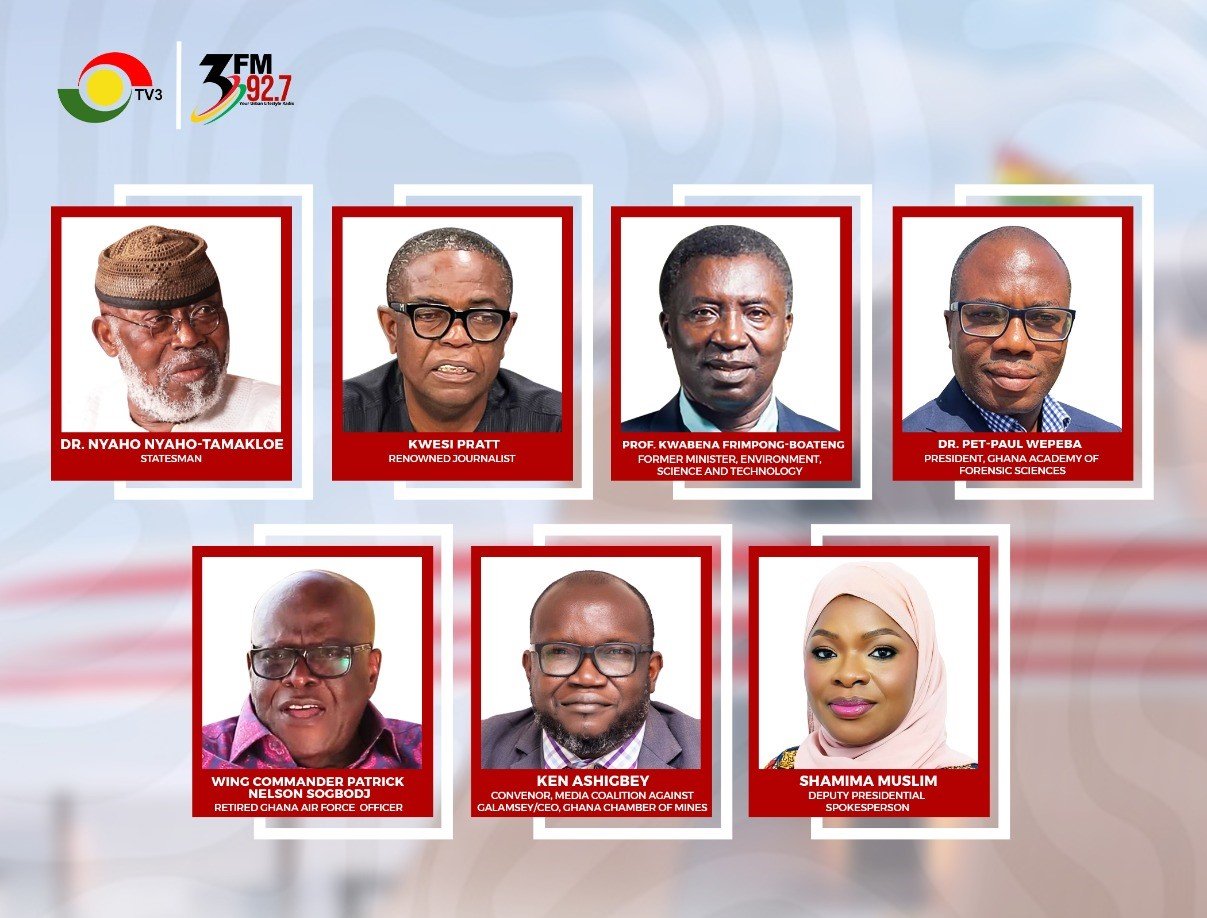
By Joseph Opoku MENSAH
Generative AI is no longer considered a futuristic idea but a current aspect that is transforming the marketing field in Ghana by influencing its creative process. AI tools, such as ChatGPT, Midjourney, and DALL·E, are game-changers that transform the way campaigns can be imagined, designed, and delivered.
At one point, AI in marketing was limited to the automation of repetitive activities that included scheduling messages or analyzing data of the consumers. It is now hands-on co-creating with its human marketers, writing copy, generating visuals, and even pitching storytelling schemas.
Developments like these hold a lot of promise. AI holds hope of efficiency, cost-effectiveness, and other levels of creative scale. High standards of design and copywriting are now available to small and medium-sized enterprises at prices that are no longer weighed down by retainer fees to an agency.
Well-established brands can conduct a more personalized approach to campaigns, execute frequent variants to check on creativity, and adjust messages on the fly. As a result of this decentralization of creativity, more small and large companies may be able to compete for customers’ attention.
However, such advantages are associated with warnings in the marketing arena of Ghana. Cultural relevance, emotional touchpoints, and authenticity are important to our consumers.
Not just a household brand unleashing a nationwide campaign or a new product entering the market, but often, tapping into everyday realities, humor, and social innuendos of what it means to live in Ghana is key to success.
This factor also contributes to building consumer confidence. Studies indicate that consumers tend to have a different opinion about AI-generated content, as they tend to perceive it less genuine when they are knowledgeable about its AI-generated origin.
This perception may discourage engagement in Ghana because brand loyalty is not created solely based on the perceived quality but on the personal connection. Being too focused on AI can result in and lead to the creation of visually refined but, in essence, superficial experiences that lack the cultural anchors that consumers hold dear to them.
But there can be a middle ground between human and AI co-creation. AI makes both efficiency and authenticity possible in their campaigns when they combine their cultural awareness, ability to tell a story, and creative intuition to tell authentic stories in the fastest way possible.
The volume of ideas can be created using AI; the individuals can then polish those ideas, as they add the local idioms of a language, references to the local culture, descriptive pleas, and those emotional tones. The outcome is an effective work that reaches its audience on an emotional level but does not lose the benefits of automation.
The solution is not difficult to understand: Ghana marketers need to establish the mix right. The role of AI should also be made clear by brands; it should not be considered a substitute for human creativity but rather an addition. Campaigns that build trust can show that AI should enhance human knowledge, not replace it.
AI will not abolish Ghanaian creative capacity, yet it will reform it. Our industry challenges us to maintain the essence of our storytelling while harnessing the power of AI. The same people who find the right balance will be able to improve the standard that future marketing in Ghana will be built on because it will be innovative, efficient, and, undoubtedly, authentic.
JOSEPH is a Marketing and communications professional with expertise in digital marketing, consumer behavior, and AI-driven brand engagement. My research focuses on AI adoption in marketing, chatbot-driven customer relationships, and digital transformation. As an Adjunct Lecturer at UniMAC and Research Assistant at the University of Ghana, I blend academic insights with industry trends to optimize marketing strategies.
 linkedin.com/in/joseph-opoku-mensah |
linkedin.com/in/joseph-opoku-mensah |  [email protected]
[email protected]
The post Human–AI Co-Creation in the marketing space: A Creative Revolution Or An Authenticity Risk? appeared first on The Business & Financial Times.
Read Full Story












Facebook
Twitter
Pinterest
Instagram
Google+
YouTube
LinkedIn
RSS